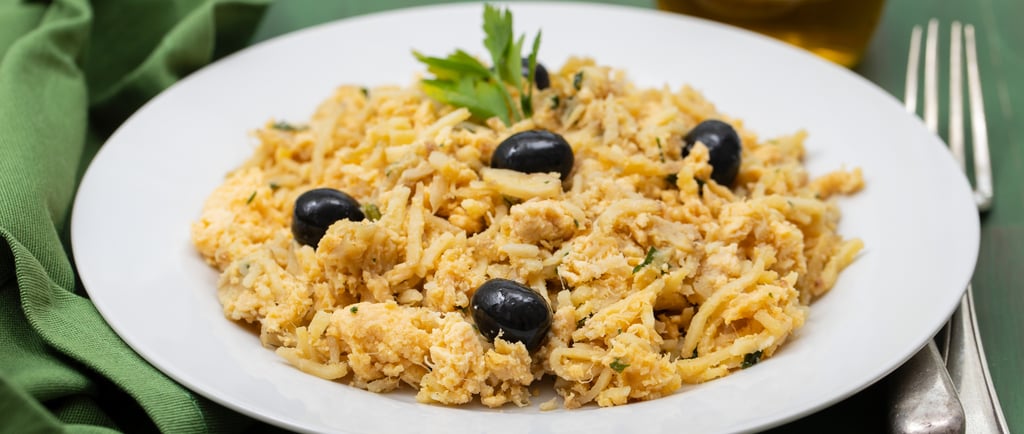Tips for Adapting to Portuguese Culture as an Expat
Cultural adaptation is one of the biggest challenges when moving to a new country. In Portugal, everyday life can be different from what you’re used to. In this post, we share tips on how to understand local customs, make Portuguese friends, and, most importantly, adjust to the laid-back rhythm of the country.
EXPAT LIFECULTURAL ADAPTATIONPORTUGUESE CULTURELIVING IN PORTUGALPERSONAL GROWTH
8/12/20244 min read


Moving to a new country can be both exciting and challenging, and adapting to a new culture often takes time. When you relocate to Portugal, you'll quickly realize that while the country offers stunning landscapes, rich history, and a welcoming atmosphere, the culture and lifestyle differ from what you might be used to. One of the most noticeable differences for expatriates is the relaxed pace of life, and understanding this slower rhythm is key to feeling at home.
One of the first cultural shifts you'll experience in Portugal is the pace of daily life. The rhythm here is much slower compared to many other countries, and this can be a refreshing change, especially if you’re coming from a fast-paced environment. The Portuguese take their time, especially when it comes to meals. It’s not uncommon for lunch to be a long, leisurely affair that could last anywhere from one to two hours, and the idea of rushing through a meal is frowned upon.
This slower pace extends to business hours too. Many shops and services close for a few hours in the afternoon for lunch breaks, particularly in smaller towns and rural areas. It might feel odd at first if you're used to constant hustle, but this approach to life allows time to relax, recharge, and focus on what truly matters—family, relationships, and enjoying the present moment.
To fully integrate into Portuguese life, try embracing this slower rhythm. Savor your meals, take time for coffee, and don’t feel the need to rush through your day. Learning to enjoy these moments will bring you closer to understanding the local culture and allow you to fully appreciate the value of slowing down.
Another significant aspect of Portuguese culture is the emphasis on family and personal relationships. The Portuguese people tend to have strong family bonds, and social life often revolves around family gatherings, celebrations, and spending time together. As an expatriate, building your own relationships with locals can help you feel more at home.
It’s not just about making acquaintances or friends—it’s about forming deep, personal connections. While it may take time to build trust, the Portuguese are warm, open, and welcoming once they get to know you. So, take the initiative to get involved in your community, whether through local events, social gatherings, or simply engaging with your neighbors.
Portuguese hospitality is something you’ll experience first-hand, as it’s common for locals to invite newcomers into their homes or to share a meal. Family gatherings and social events, particularly around holidays and festivals, are a great way to experience authentic Portuguese culture. By accepting these invitations and showing genuine interest in learning about local customs, you will quickly build meaningful connections that will make you feel like part of the community.
One of the most delightful ways to connect with Portuguese culture is through its food. The country’s cuisine is rich in history, and food plays an important role in socializing and connecting with others. When you first arrive, be sure to try traditional dishes that will introduce you to the heart of Portuguese life.
A quintessential dish to try is bacalhau, salted cod, which has earned the title of Portugal’s national dish. There are over 365 ways to prepare bacalhau—one for each day of the year—so you’ll have plenty of opportunities to sample it in various forms, from grilled to stewed or even in a comforting casserole. Whether you enjoy it or not, it’s a true cultural experience to taste this iconic dish, as it represents centuries of tradition and the Portuguese love for seafood.
Another must-try is the pastel de nata, a small, custard-filled pastry that has become synonymous with Portuguese cuisine. You’ll find it in bakeries all over the country, often paired with a strong Portuguese coffee. The sweet, crispy pastry and smooth custard filling are a perfect representation of the country’s knack for balancing flavors. Enjoying a pastel de nata is not just about savoring the taste; it's also about slowing down and appreciating the simple pleasures in life.
Portugal is a country rich in traditions and celebrations, and embracing these customs can help you feel more connected to the local culture. Portuguese festivals, such as Festas de Lisboa or Carnaval, are an excellent opportunity to immerse yourself in the local way of life. These celebrations are filled with music, dance, and a deep sense of community, so don’t miss out on participating in one if you have the chance.
While you’re adjusting to the slower pace and deepening relationships with locals, try to stay open-minded and curious. Ask questions, seek out new experiences, and, above all, be patient with yourself. Adapting to a new culture takes time, but in doing so, you’ll not only discover Portugal’s unique rhythm but also gain a deeper understanding of yourself.
Adapting to life in Portugal is a journey that involves embracing a slower pace, building relationships, and immersing yourself in the country’s rich traditions and cuisine. Whether you're savoring a long meal with friends, learning to appreciate family bonds, or discovering the flavors of Portugal, every moment is an opportunity to deepen your connection with the culture. So, take your time, enjoy the ride, and let Portugal’s warmth and charm guide you toward a fulfilling new life.
© 2024. All rights reserved.
